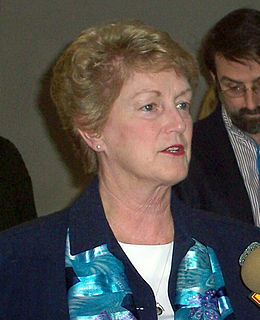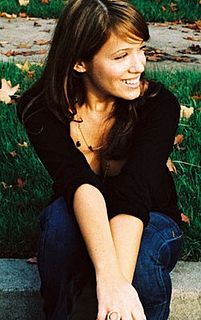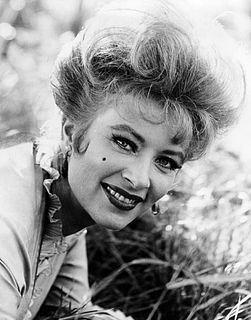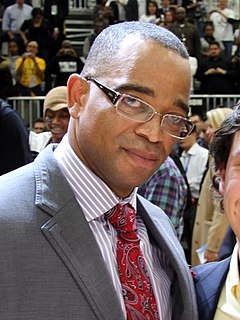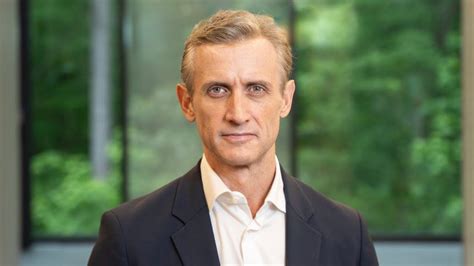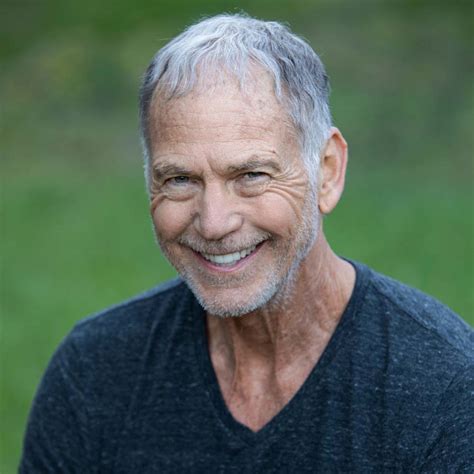A Quote by Jodi Rell
I have been unexpectedly confronted with my own mortality as I was told that I had cancer.
Quote Topics
Related Quotes
In 1995, I was diagnosed with cancer, and I had to practice what I preached. I had always said to 'believe in God' and 'don't give up' to little kids who had been diagnosed with cancer. I then thought if I can't call on that same God and same strength that I told people about, I would be a liar and a phony.
The man in the street has unfortunately been sold the idea that the breakthrough cure for cancer is just around the corner... The very prospect of effective treatment seems so remote that it doesn't even enter into the speculative day-to-day conversation of people engaged in cancer research... New treatments have not produced any detectable decline in the total annual cancer mortality, even for children.
Since the fright of breast cancer hit our family, I have been surprised by how many people are dealing with breast cancer in their own family or with a loved one. One friend bluntly told me that she has been through it with her sister, her mom, and her grandmother, and all are healthy and mentally stronger because of the disease.
When they told me I had cancer - a very rare form called appendiceal cancer - I was shocked. But I went straight into battle mode. Every morning, I'd wake up and have an internal conversation with cancer. 'All right, dude,' I'd tell it, 'go ahead and hit me. But I'm going to hit you back even harder.'
You're part of the human fabric of experience. You don't have to have cancer to write about cancer. You don't have to have somebody close to you die to understand what death is. Definitely, the more you live, the more experiences fall into your spectrum. As a writer, you must have been told: Write about what you know. But Kafka didn't. Gogol didn't. Did Shakespeare write only what he knew? Our own selves are limitless. And our capacity for empathy is giant.
Studies indicate that vegetarians often have lower morbidity and mortality rates. . . . Not only is mortality from coronary artery disease lower in vegetarians than in non-vegetarians, but vegetarian diets have also been successful in arresting coronary artery disease. Scientific data suggest positive relationships between a vegetarian diet and reduced risk for obesity, coronary artery disease, hypertension, diabetes mellitus, and some types of cancer.
